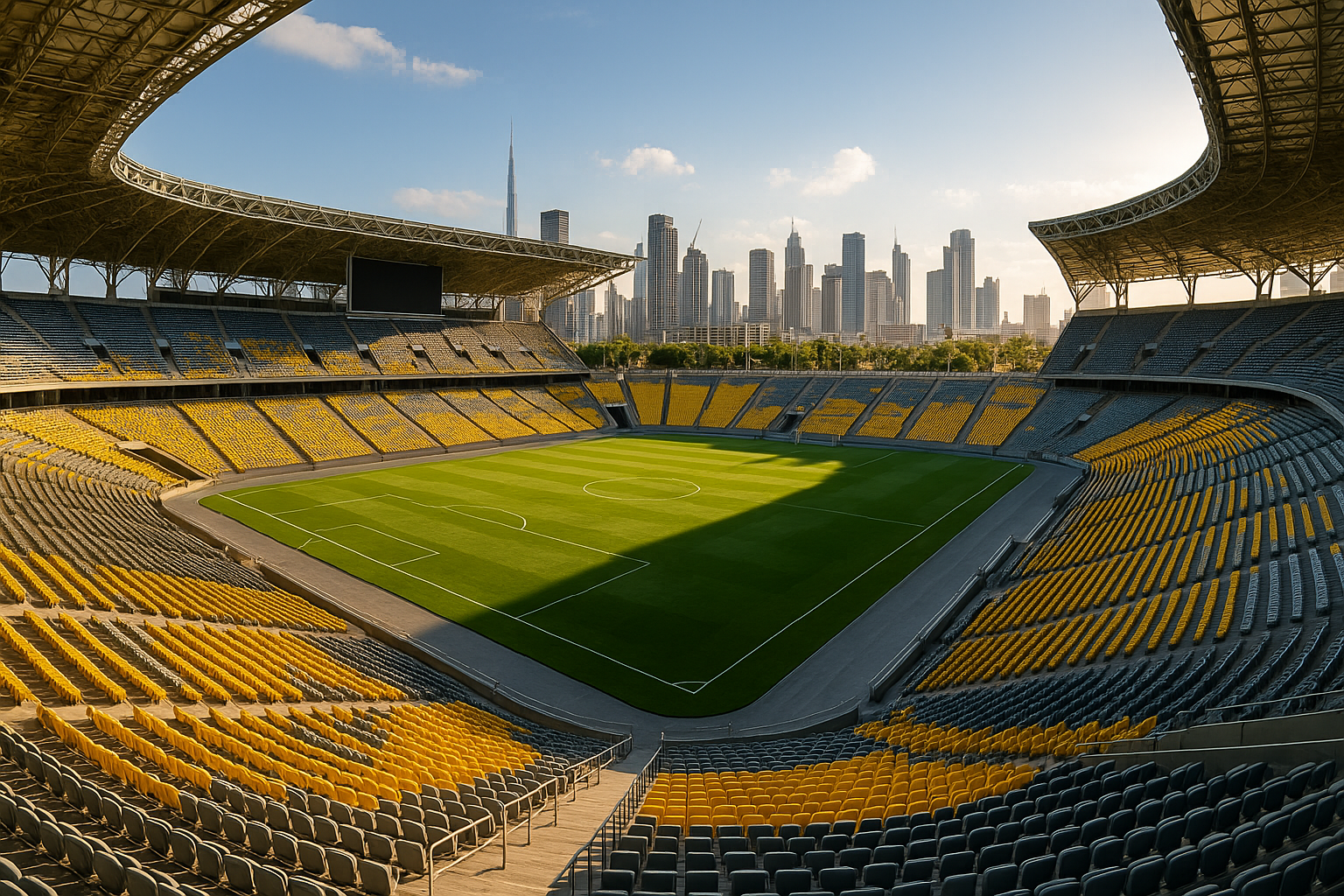Anticipation is building for what promises to be the biggest and the most diverse tournament in the history of the 2026 FIFA World Cup as it approaches. Jointly hosted by the United States, Mexico, and Canada, the tournament will feature 48 teams and fans numbering in the millions from all over the world. But the cloud of uncertainty is formed because, if he is elected again, Donald Trump might impose the travel ban again, the thought of which is a dampener.
Is it Really a Global Tournament?
The 2026 World Cup is being regarded as football’s most inclusive celebration to date. Stadiums in Los Angeles and New York will hold matches, bringing fans from every continent together. However, immigration and global fan communities have been drawing attention to the situation: if Trump was reelected and reinstatement of his controversial travel regulations, many fans, especially those from Muslim countries, would be obliged to deal with issues of getting permission to enter the United States of America.
Are We Witnessing History Again?
In 2017, the then President Trump issued an executive order breaking the entry of people from some Muslim-majority countries. The ban faced legal issues, amendments, and was eventually upheld by the U.S. Supreme Court. It was ultimately revoked by President Biden, however, Trump has openly declared his wish to reinstate it if he gets elected for President in 2024.
Such development has put unending fears into the hearts of fans in those countries. “I’ve already made arrangements for my trip, which I have planned for years,” Youssef, a Moroccan fan lamented. “It’s unimaginable that my privilege of attending a world-class event might be halted by political decisions.”
Position of FIFA
While FIFA has not issued any official remarks concerning the consequences of such a ban, it is well-known that the organization always advocates global inclusion, diversity, and fan free movement. Some insiders say privately, the governing body keeps an eye on the political situation and some plans may be discussed.
The Emotional Aside
The World Cup, for many football fans, is more than just being a sporting event; it’s a unique opportunity to share feelings with people and understand their cultures around the globe. The restriction of fan travel is not just about ticket sales; it also hinders the very essence of the event.
“Football’s power lies in its ability to tear down walls between borders,” wrote Maya Rodríguez, a Mexican football journalist in a newspaper article. “Disenfranchising regions that have to travel to the event is any action the tournament will stand against at its core.”
Alternative Paths?
If the travel bans are realized, the fans could consider Mexico or Canada to enter the US through those countries. However, there is no guarantee that such routes would be advantageous as the U.S. border regulations might be in place upon entry into American territories.
As for those who organize and sell tours, they are already preparing for bad weather. “Both the government and FIFA should be clear about what to do,” said the one in charge, a New York tour operator. “People are afraid to book the flights without being assured that they can get visas.”
What Will Follow
There continues to be uncertainty because the U.S. presidential election is just months away. If Trump wins again and moves on with the strict immigration policy, FIFA might be pressured to advocate for free movement of fans or even rethinking where matches will take place.
Global football unions keep a very close eye on what is happening currently. The global football family’s hope is that sports will be successful in defeating politics and the World Cup of 2026 will be exactly the way the most connected and accessible one should be.


